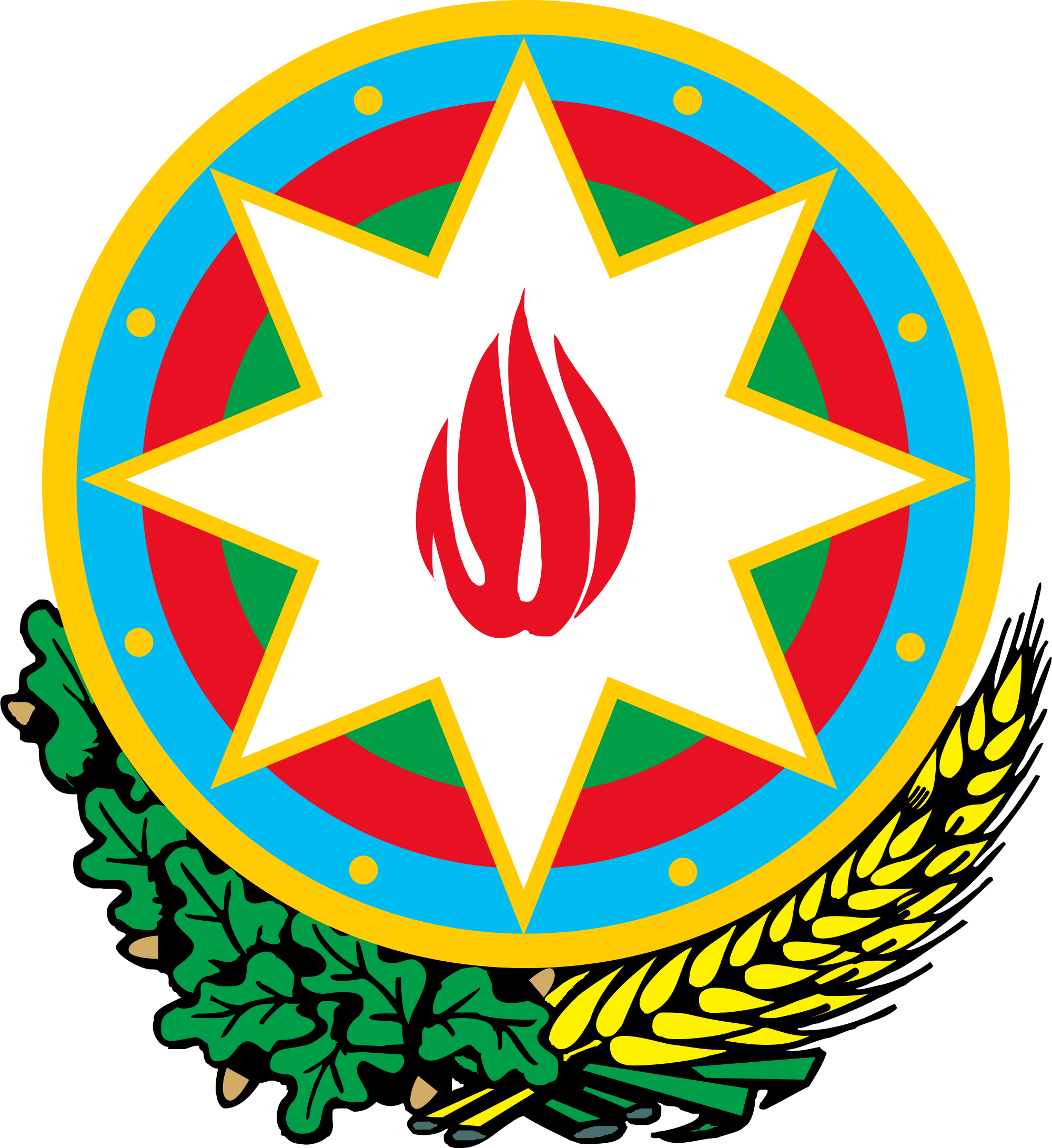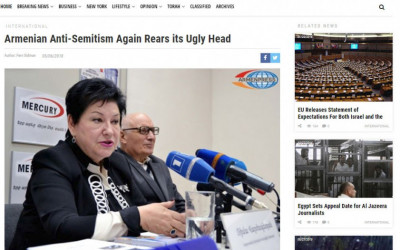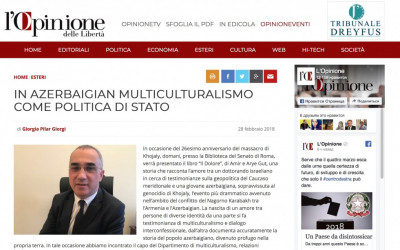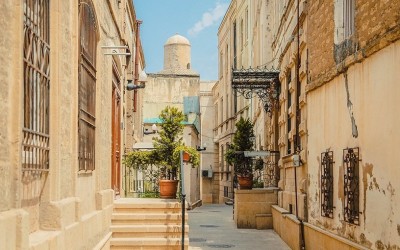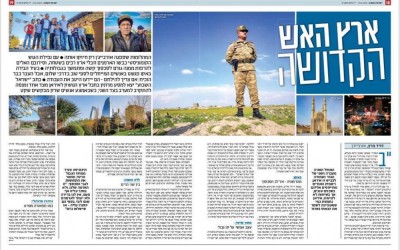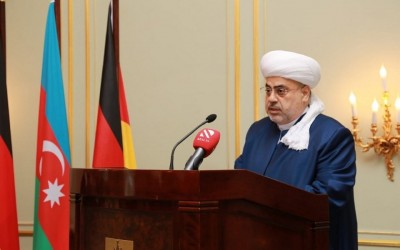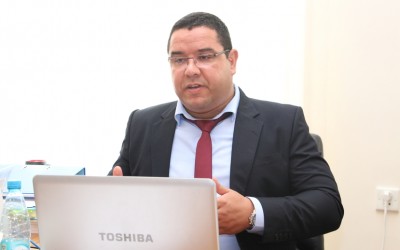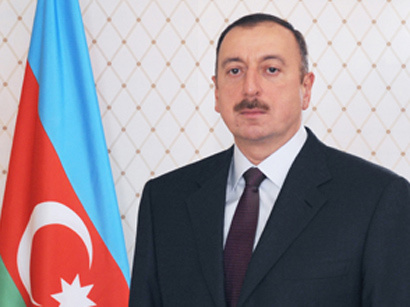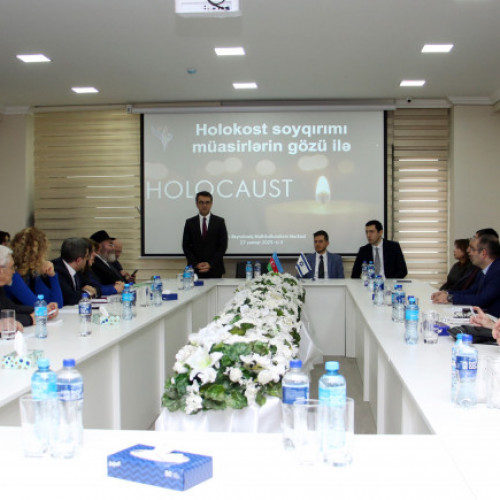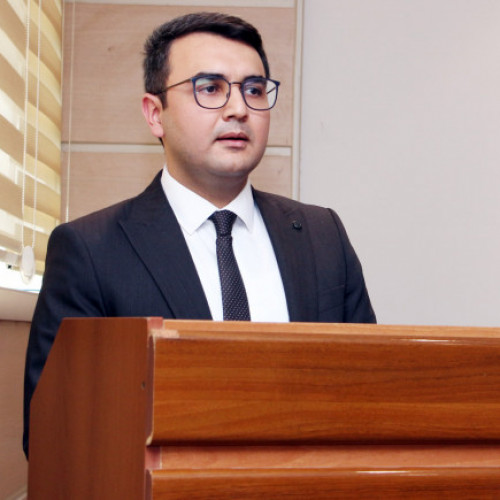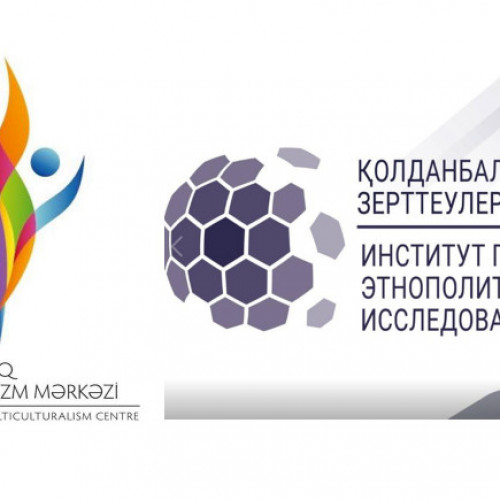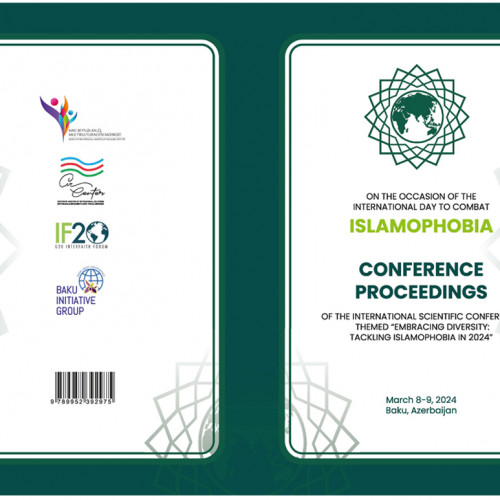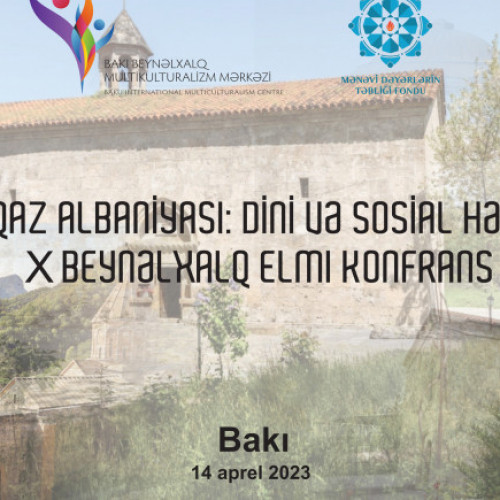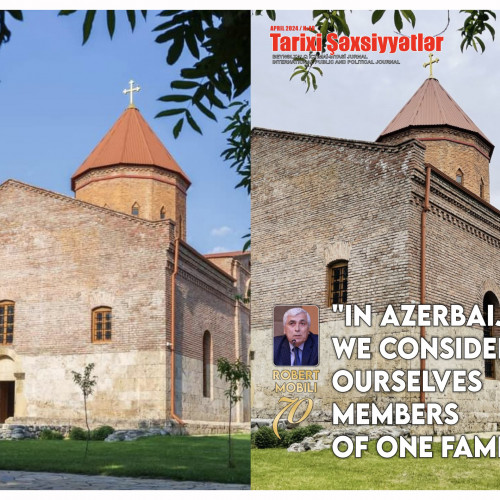Azerbaijan, a Citadel of Multi Ethnic Tolerance
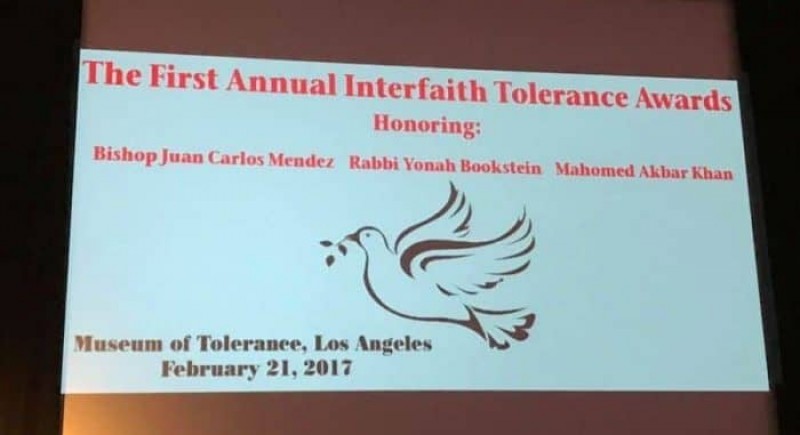
I have just returned from a visit to Azerbaijan where I attended the 5th World Forum on Intercultural Dialogue, a two-day international gathering to build a dialogue into action against discrimination, inequality, and violent conflict.
Searching in my articles’ archive, I found an op-ed, in which I expressed my opinion of Azerbaijan’s tolerance of all humanity policy.
The op-ed was written before I had a chance to visit Azerbaijan. I, therefore, decided to update it based on my several visits to the country since. Surprisingly, unbeknownst to me, yet, I found out that the article was published in a booklet named ‘Azerbaijani Multiculturalism In the Eyes of the World,’ disseminate to visitors to Azerbaijan.
It was in February 2017, at the Museum of Tolerance, Simon Wiesenthal Center, in Los Angeles, California, under the auspices of Mr. Nasimi Aghayev, Azerbaijan Consul General, West Coast USA, and his dedicated staff, where many gathered for an evening of ecumenism. That is where I first learned the application of the terms multiculturalism and interculturalism. I also received a better understanding of the terms tolerance and coexistence applied in a country where there are many ethnic groups who, together, make up the fabric of a unified nation.
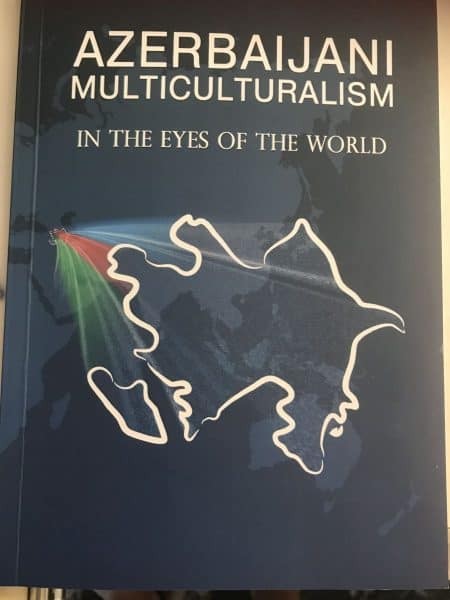
During that evening I repeatedly heard the words tolerance, interfaith, co-existence, and thou shall love your fellow man as you love yourself, or as the classic adage goes: “Thou shall love your neighbor as yourself” ~ Leviticus 19:9-20.
That evening in 2017 emphasized a common salute to a place on earth being an exemplary broadminded, a prototype of tolerance and harmony; that is Azerbaijan.
I have since learned, firsthand, though I struggled to fathom it, what I heard that evening. Azerbaijan’s constitutional law demands of all its citizens to give respect to all human beings, simply for being a human being, regardless of ethnicity or religion affiliation.
I also got to know the honorable Consul General Nasimi Aghayev, who is a genuine patriot. He is well versed in his country’s ethos and history, and he makes sure that this history is told to the public at large. Mr. Aghayev is a proud Azerbaijani who, on April 10, 2012, was nominated by Azerbaijan’s President Ilham Aliyev as Consul General of Azerbaijan in Los Angeles, California, and 12 other Western U.S. states.
Azerbaijan just celebrated 100 years of its diplomatic service. Along with his most noticeable, extremely active diplomatic work on behalf of his homeland, Mr. Aghayev is currently serving as the Dean of the Los Angeles Consular Corps, which is the world’s second largest consular corps, after New York, representing 105 nations.
It was therefore perfectly expected of Azerbaijan to have held that evening, in 2017, the ‘Interfaith tolerance Awards & Multi-Faith Commemoration’ in which three representatives of the three main monotheistic faiths – Christianity, Judaism, and Islam – were acknowledged and awarded.
In Baku, the capital of Azerbaijan, you find the Baku International Multiculturalism Center and the country often holds conference and forums on the tolerance, coexistence and the multi-inter-culturalism subjects. This Center has offices in the USA and Israel, to name a few, spreading the notion of an ecumenical and harmonious world.
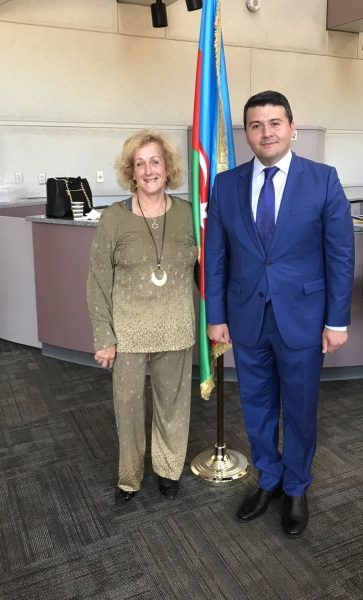
Azerbaijan has known its own intolerance. It is the Khojaly Massacre, the murdering of 613 ethnic Azerbaijani civilians, amongst them 106 women and 63 children, from the town of Khojaly, on 25-26 February 1992, by the ethnic Armenian armed forces, during the Nagorno-Karabakh War. The conflict that has not yet ended, is stuck in a frail ceasefire. The total death toll, as claimed by Azerbaijani authorities, the result of the aggressive Armenian invasion, is 20,000 Azerbaijani civilians. The Khojaly massacre has become the largest event in the course of the Nagorno-Karabakh conflict, which caused one million ethnic Azerbaijanis to become Internally Displaced People (IDP) inside their homeland.
Despite the nation’s suffering and ongoing grievance, due to the Khojaly massacre and the Nagorno-Karabakh conflict, Azerbaijan, a majority Muslim country, equally embraces all religions and ethnic groups and practices religious freedom, which is its fundamental constitutional foundation. During the centuries many found refuge in Azerbaijan when they ran away from persecutions in their own countries.
As I wrote above, since that event, at the Museum of Tolerance, I was given the opportunity to visit Azerbaijan several times. Subsequently, I have given it wide coverage in the media. I believe some of my op-eds have triggered some people to visit Azerbaijan.
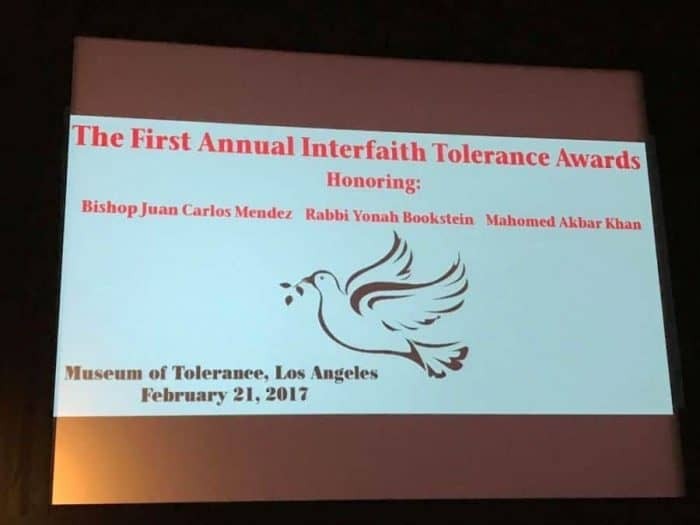
What I did not know in 2017, I know now. Though the Republic of Azerbaijan is still going through a phase of post-Soviet Union era and has become independent only 27 years ago, there is already much to learn from this Republic’s conduct, all around. It is dynamic and innovative.
If we are to judge a country’s conscious and conscience by the way it treats its people, one million unfortunate displaced people and its minorities, then, in many aspects, Azerbaijanand the Azerbaijanis lead the way.

